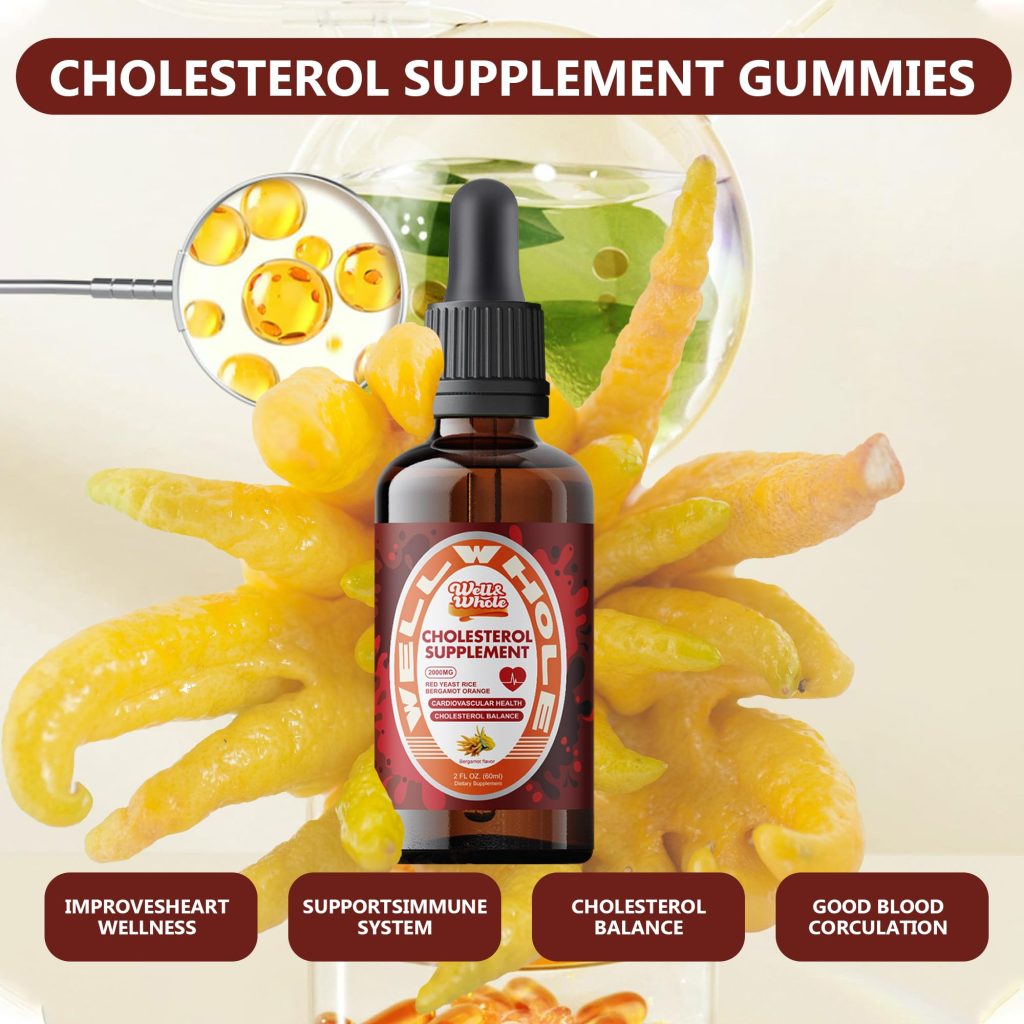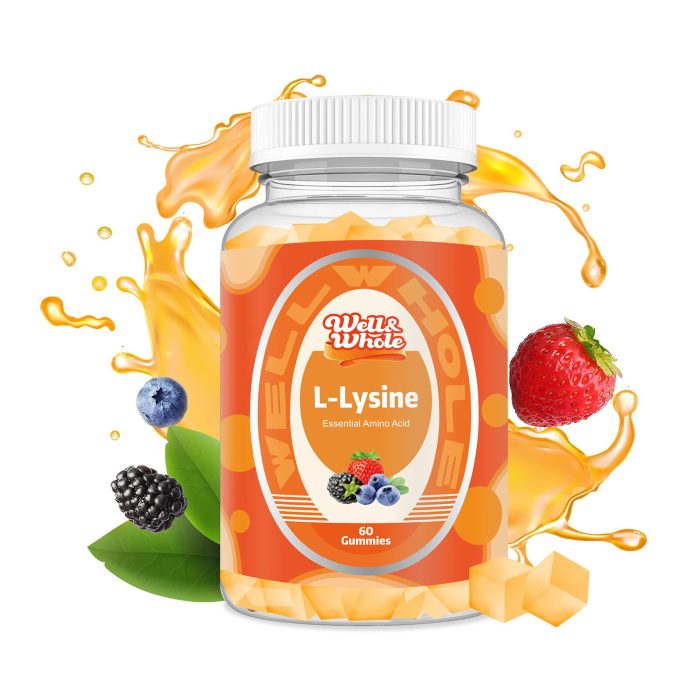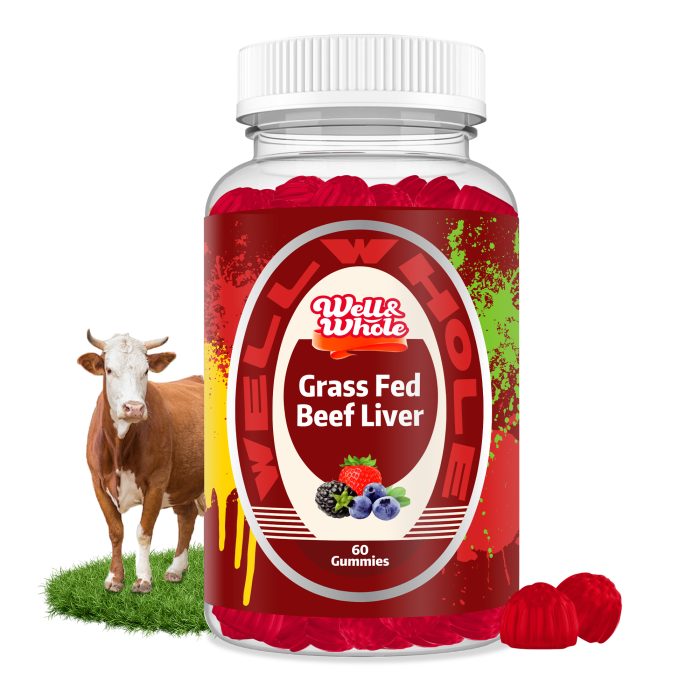Plant sterols and stanols have gained significant attention in the health and wellness industry for their cholesterol-lowering properties. Commonly incorporated into fortified foods and dietary supplements, they are marketed as an effective way to maintain heart health. But are they safe for daily consumption, especially as part of a long-term health regimen? Here, we’ll explore the benefits, potential risks, and important points to consider.
What Are Plant Sterols and Stanols?
Plant sterols and stanols are naturally occurring substances found in fruits, vegetables, nuts, seeds, and legumes. Their molecular structure is similar to cholesterol, which allows them to compete with dietary cholesterol for absorption in the body. This competition helps reduce the amount of cholesterol absorbed by the intestines, ultimately lowering LDL (low-density lipoprotein), commonly referred to as “bad cholesterol.”

Numerous studies show that consuming 2-3 grams of plant sterols or stanols per day can lower LDL cholesterol by around 10-15%. This makes them a powerful tool in combating high cholesterol, a significant risk factor for cardiovascular diseases.
Are Plant Sterols and Stanols Safe?
When consumed in moderation as part of a healthy, balanced diet, plant sterols and stanols are generally considered safe for most individuals. The U.S. Food and Drug Administration (FDA) and the European Food Safety Authority (EFSA) recognize their cholesterol-lowering benefits and approve their inclusion in certain foods and supplements.
However, as with any dietary component, overconsumption or misuse may lead to potential concerns:
- Reduced Absorption of Fat-Soluble Nutrients: Plant sterols and stanols can interfere with the absorption of fat-soluble vitamins like A, D, E, and K. If these vitamins are not adequately replenished through a varied diet or supplementation, this could lead to deficiencies in the long term.
- Not Suitable for Everyone: Although rare, individuals with certain genetic conditions like sitosterolemia should avoid these compounds, as they can lead to the harmful buildup of sterols in the blood.
- Not a Standalone Solution: While they can be a helpful addition to a heart-healthy lifestyle, sterols and stanols are not a replacement for healthy eating, exercise, or prescribed medications. They should be seen as part of a broader strategy for managing cholesterol levels.
Tips for Incorporating Plant Sterols and Stanols Safely
To maximize the health benefits while minimizing any risks, consider the following guidelines:
- Stick to Recommended Doses: Experts suggest consuming 2-3 grams per day of plant sterols and stanols to achieve optimal cholesterol-lowering effects without potential side effects.
- Choose High-Quality Products: Look for reputable brands like Well&Whole, which prioritize safety, quality, and transparency in their dietary supplements. Always check product labels for sterol and stanol content.
- Pair with a Balanced Diet: Include a variety of nutrient-rich foods like leafy greens, whole grains, and lean proteins to ensure adequate levels of fat-soluble vitamins and other essential nutrients.
- Consult Your Healthcare Provider: If you are taking cholesterol-lowering medications or have specific health conditions, discuss your plans with a healthcare professional to ensure plant sterols and stanols are suitable for you.
The Role of Plant Sterols and Stanols in Cholesterol Management
Plant sterols and stanols offer clear benefits for individuals aiming to lower cholesterol as part of a heart-healthy lifestyle. Their ability to reduce LDL cholesterol levels has been well documented and widely recognized by health authorities worldwide.
For companies like Well&Whole, incorporating plant sterols and stanols into premium-quality supplements and nutrition products allows consumers to conveniently access these scientifically backed compounds. By combining them with a healthy lifestyle, individuals can take proactive steps toward improving their cardiovascular health.
Conclusion
While plant sterols and stanols are safe and effective for most people when consumed responsibly, they are not a magical cure. They work best when integrated into a balanced lifestyle that includes proper nutrition, exercise, and routine health check-ups. By sourcing supplements from trusted brands like Well&Whole and adhering to recommended guidelines, you can confidently harness the power of these compounds to promote heart health. Always remember, personalized advice from a healthcare provider is invaluable when making decisions about your health.









